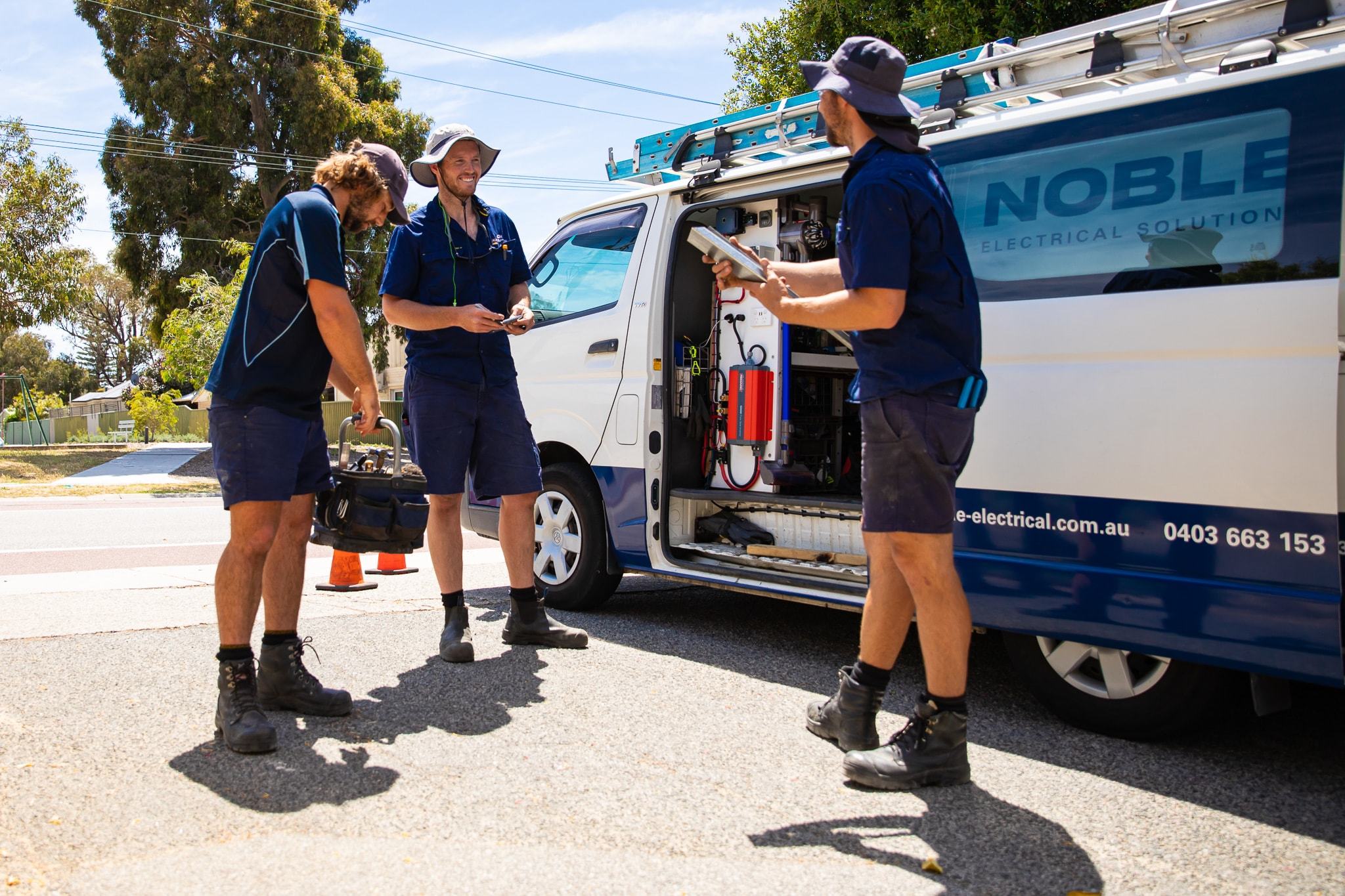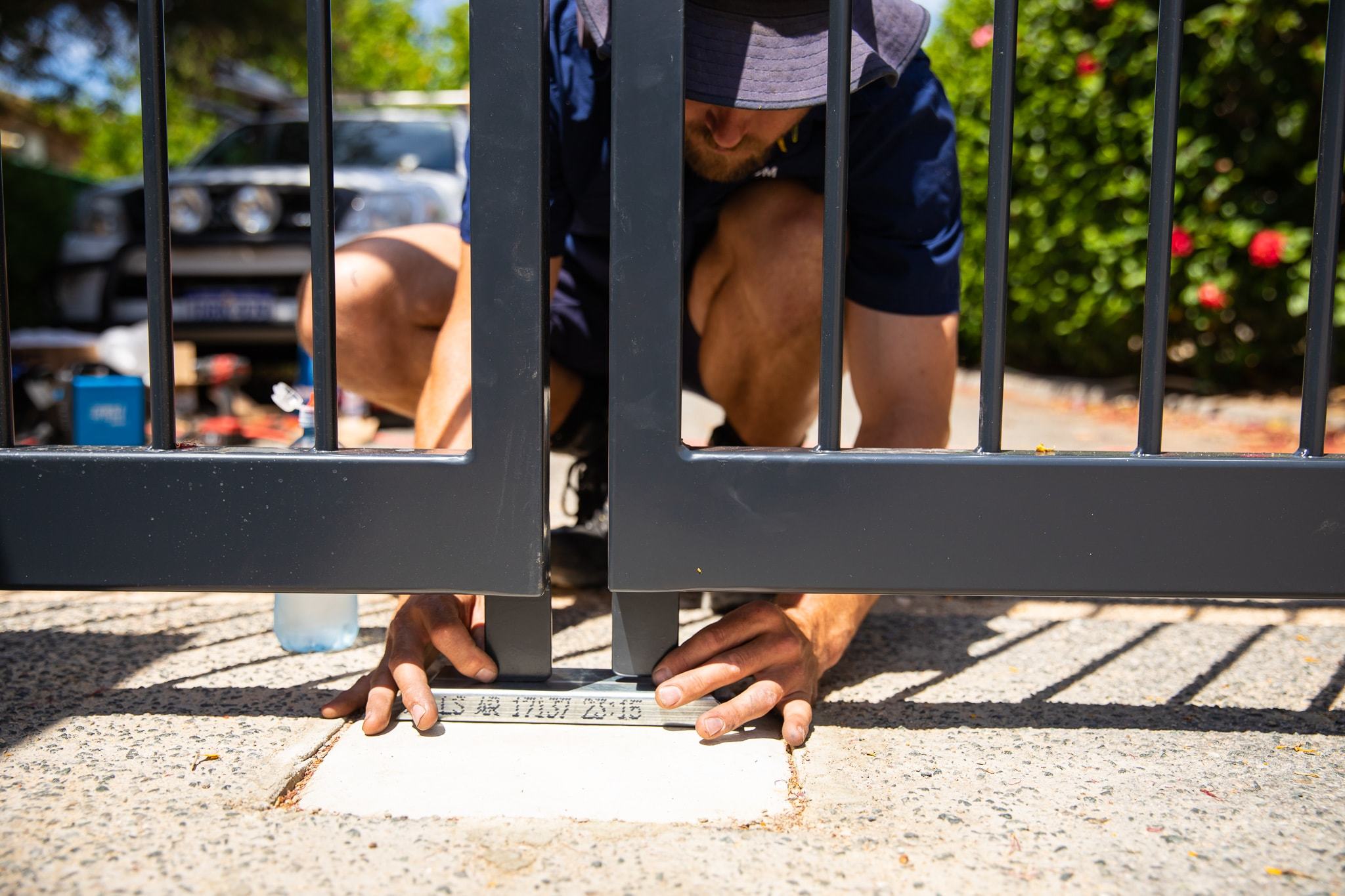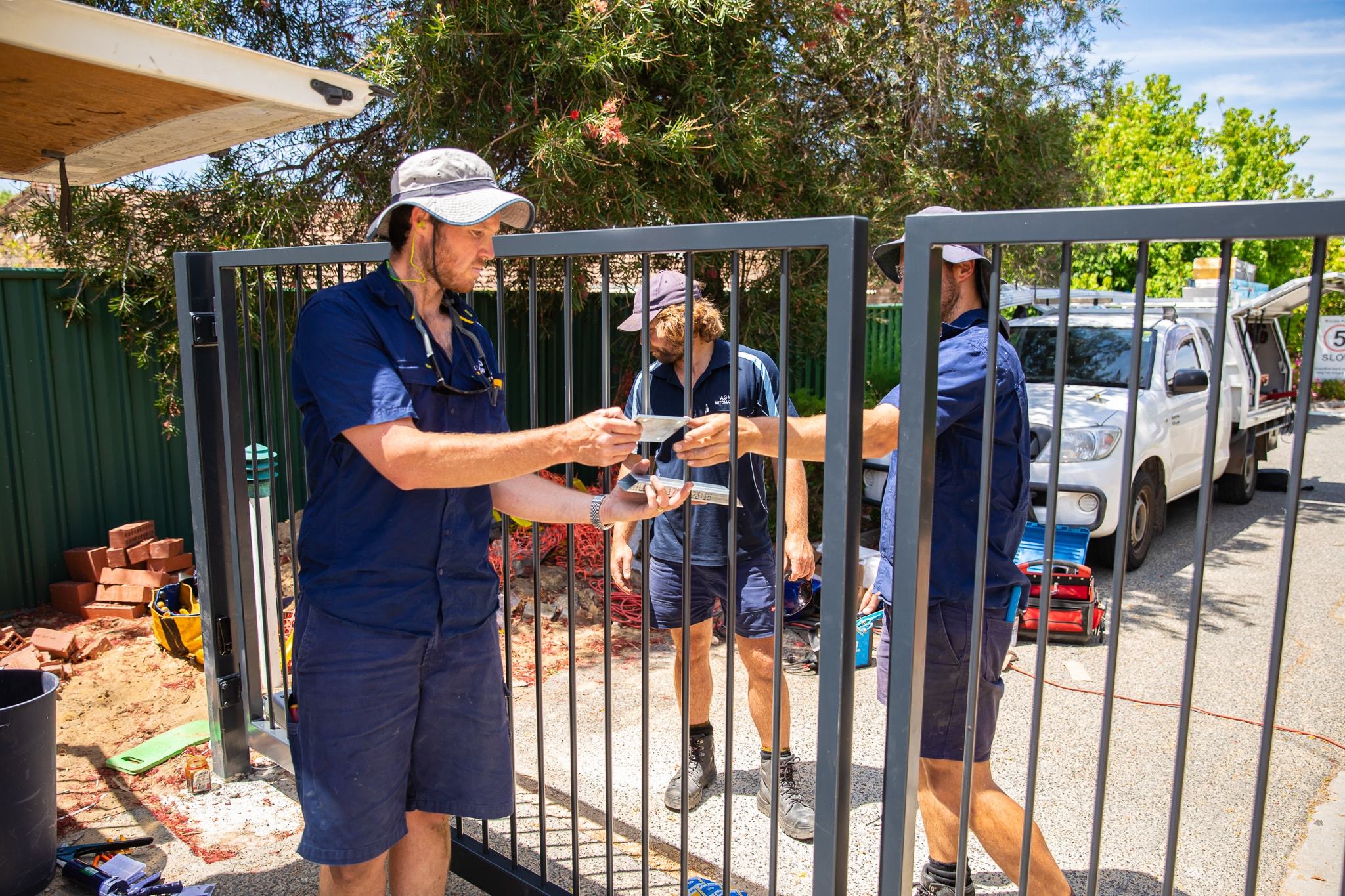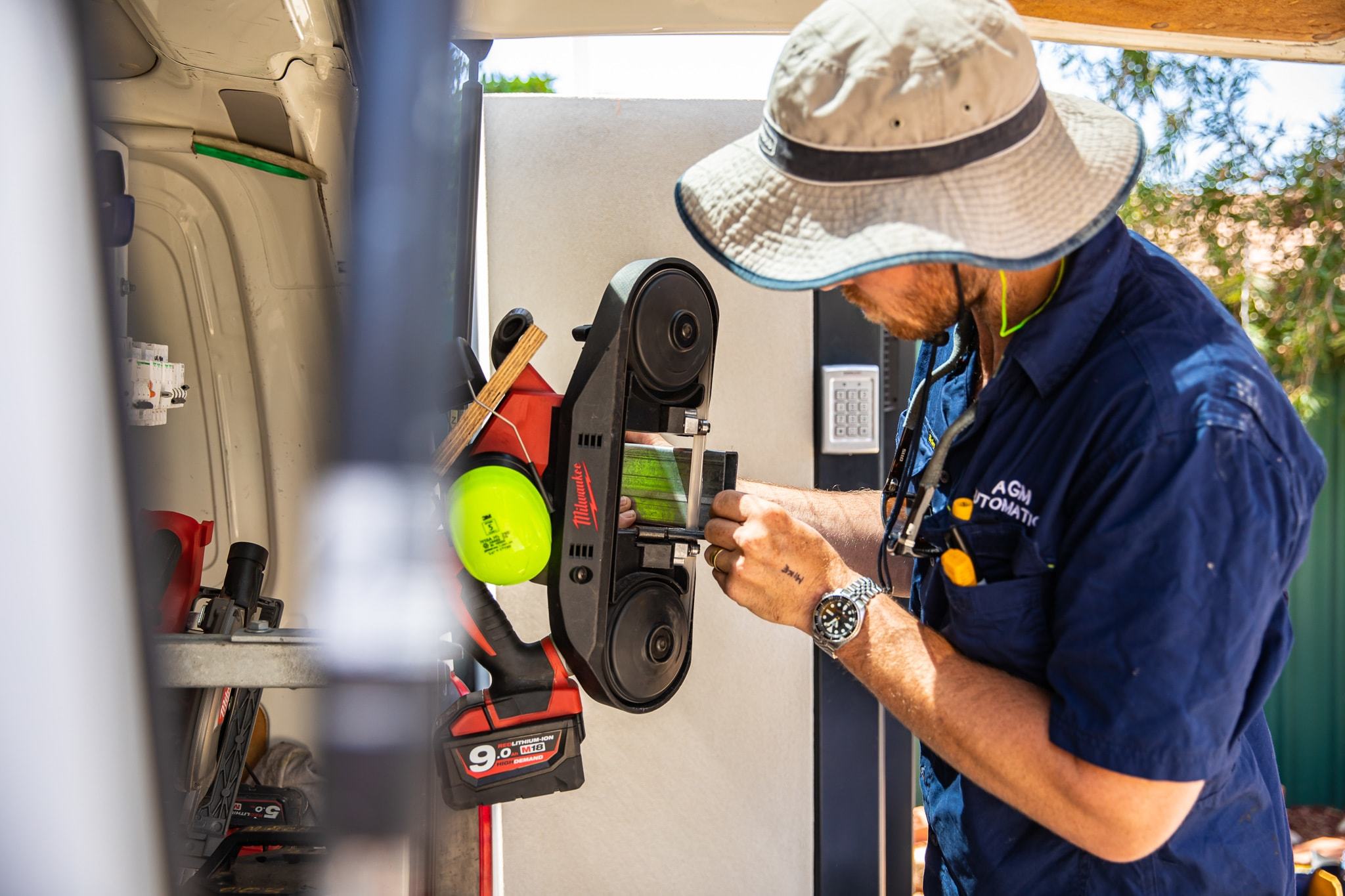4 Effective Ways to Better Manage Electric Gate Contractors and Deadlines
3 December 2019
At AGM Automation, we believe that when people work for you, you do your best to do the right thing by them and you expect them to do the right thing by you.
Not only is this good for building solid relationships between yourselves, but your clients as well. This also ensures that all sliding electric gate installation tasks and deadlines are met and that projects are completed on time.
But expectations become different when you’re working with a contractor who isn’t fully employed by your company so how do you manage expectations and deadlines when working with contractors?
In this article, we go through 4 effective ways to better manage contractors and deadlines.
#1 - Communication is Key
The first and most important method of better managing contractors and deadlines is communication. So what do we mean here? Simply, you have to make sure everyone is on the same page.
Being on the same page means that if you need to send out a Scope Of Works immediately i.e. to the facility manager who you're dealing with, then you should immediately email everything going on within a project.
From there, you've got to be in contact with the contractors you're working with. A time-efficient method of doing this is by cc'ing them in an email, when you’re dealing with a client, if that's how you communicate with them.
From there, once the scope of work has been shared, you then need to follow up with reminders to the contractors so they understand the tasks that need to be done and so they can communicate back to you what they don't understand.
So you might say, “Righto, we’re two weeks out from this electric sliding gate job” (or whatever the time frame is, depending on how big it is) “and you need to make sure the contractor stays updated with what’s going on”.
They've seen the scope of work which has been put out. You then start checking up on them, relentlessly. It can get repetitive, they can get frustrated, but it doesn’t matter. It’s part of the process.
When the project ends successfully, then you’ll know you weren’t checking up on them or ‘micromanaging’. You were just managing the scope of works.
The communication between yourself and contractors is key to getting the job actually going and completed. Keep in contact with them. It could start with weekly follow-ups before changing to daily follow-ups as the project gets closer to completion.

#2 - Give Some Responsibility
You’ve got the scope worked out, everyone knows their respective roles and what they have to do, everyone is organised so now you need to start giving your contractors some responsibility.
Your contractors need to be accountable for turning up to site on time, signing in and setting up the site area with all the right gear to do the specific electric gate job within the time frame they have been given.
These are the types of processes and responsibilities you need to communicate and pass on to them clearly. You need to make sure they understand their responsibilities so the job can be completed as efficiently as possible.
Also, by giving them a part of the job to run, you give them authority, which makes them accountable for completing that part of the job. It also builds their pride and value to you because you trust them in taking care of that job.
Tip: Be careful when assigning jobs to your contractors. You don’t want to overload them because that’s not what they’re there for and you don’t want to burn them out. They’re there to do their job.

#3 - Recognition is Essential
Building on responsibility is recognition. It’s important to build up your contractors and give value back to them. Once the automatic electric gate job is done, whether they have done a good job, or they haven’t done a good job, you need to give them recognition and feedback on their work.
When you do, start by giving your contractors the positive feedback first, provide them with praise and approval for their work. Don’t ever start with negative feedback and what they didn’t do or what went wrong.
Give customer feedback to your contractors too because you’re not the one doing the job at the end of the day, they are. Don’t take all the praise and think you’re the number one guy, because you’re not, you’re just running the job.
Without the boys or girls underneath you, working tirelessly for you, you’re not going to go anywhere, so make sure you give as much detailed feedback to what the customer said as possible.
If you take all the praise and don’t give your contractors any, if you don’t provide recognition and feedback, they won’t want to work for you. They won’t think they have any value to you, they won’t think you care about them or the work they do and will feel unappreciated.
This is when quality workmanship starts slipping and when you start looking stupid. When you give your contractors recognition - even if it means going out of your way to turn up to the end of a job and give them your constructive feedback - it’ll make a difference to your relationship. Far more than that of a phone call or email.

#4 - Manage Yourself, Effectively
Moving on from validation and recognition is looking at managing yourself effectively. At the end of the day. If you’re burnt out and you can’t continue on, then everything else around you is just going to fall down.
Try going to the gym at the end of each day and pump out some of the stress, meditate and clear your mind, or if you have a hectic month, try to take a Friday or Monday off, have a long weekend so you can do something you enjoy.
Relax by doing more of the hobbies you like. It could be surfing, swimming, whatever it is, taking the kids away, getting out on the beach, going down South for the weekend, up North, whatever it is, do that and get away from work.
You’re never, ever going to get away from it completely because you’ll have your phone on you but when you’re in a different environment outside of work you can have a quick look at it and not have to act on it unless it’s very important. Just go totally off the grid, lay down the phone and just go do your own thing.
That’s how you manage yourself personally when dealing with a hectic time within the workplace.
Now, let’s look at managing yourself effectively in the actual workforce.
So when you turn up at work, you've had your coffee and you're ready to go with whatever sliding gate job there is to do. You're not turning up, then going to get your coffee, you’re not going to muck around for an hour wondering how you’re going to get going.
My process in the morning is to get my coffee and jump right into it. Get in there, jump on the computer, pull out the emails, review what's come in, review what hasn't been done the day before, see quotes, everything like that.
I go through my emails, and then from there, grab my workload as well as whatever else I need for the day before heading out to take care of things.
While you're doing all that sort of stuff, if there's any downtime i.e. you're driving to another site or you've finished with some contractors, you can then go into the office, start making some phone calls or even do some of it during your commute.
I normally say people will be answering their calls between 9:00am and 2:00pm. Don't waste your time on the other sides. That's where you need to be catching up on office work.
Another Hot Tip: I've actually chucked my phone time 10 minutes ahead. If you do this it gives you, in all circumstances, an extra 10 minutes, obviously. No matter what you're doing, for example, you get to the site 10 minutes early it can motivate your contractors to be ready to go with their automatic gate installation and so they aren’t standing around with their hands in their pockets.
Stay consistent with your time management. Really structure your day. Don't micromanage it, just structure it.
So in the mornings, for a couple of hours, you're going to come in and do your office work. Allow the rest of the day to shoot out and do whatever you need to do, check jobs, do some phone calls, then come back into the office. Use that time in the office to tidy up after being out on-site all day.
And obviously, as a facility manager, you're probably going to be out managing tradies, electric gate installers, fencing contractors, etc, all day and checking jobs. So, having a couple of hours in the morning and at the end of the day, will free up your next day, because you've already got things in place that afternoon for the next day.

Following these 4 tips will ensure that you are well equipped to better manage your contractors and stick to deadlines.
It can be challenging at first, but once you find yourself getting into a pattern you’ll notice the changes in your performance and the performance of your team. Hopefully, this article was helpful. If you are experiencing difficulties with your electrical gate contractor then you can contact Tim on 9244 8899 for further assistance.
Maximise project efficiency and site performance by exploring our premium range of motorised gates, designed for reliability and streamlined integration across property types.